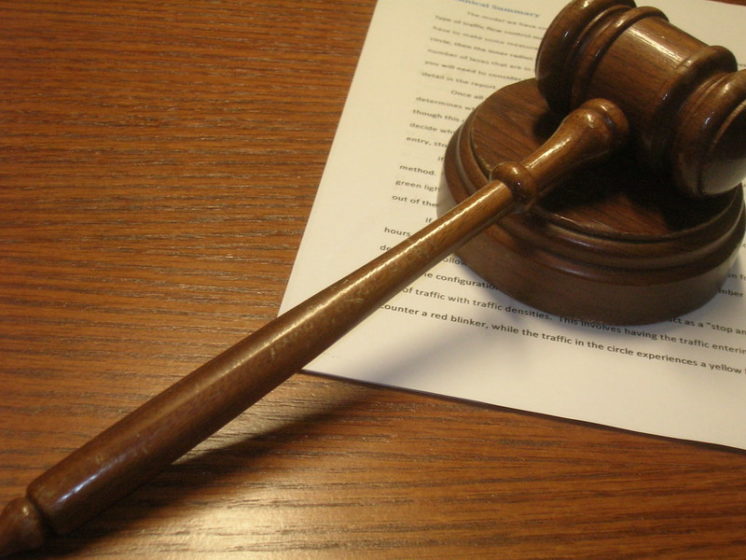When criticised for its Dakota pipeline project, Energy Transfer Partners (ETP) engaged in a strategic lawsuit against public participation (SLAPP) against the organisation that was voicing the criticism.
 Photo: Brian Turner / Flickr
Photo: Brian Turner / FlickrETP filed a lawsuit in 2017 against the Netherlands-based private-sector bank watchdog group BankTrack regarding its advocacy work relating to the Dakota Access oil pipeline (DAPL). It was a clear example of a natural resource giant using the provisions of the Racketeer Influenced and Corrupt Organizations Act (RICO) against environmental defenders – an act originally designed to combat organized crime.[1]
BankTrack urged commercial banks not to help finance the DAPL project. The lawsuit filed by ETP alleged that these actions were “disinformation and extortative schemes” that were used to incite acts of “eco-terrorism”.[2] However, US District Judge Billy Roy Wilson ruled to dismiss BankTrack as a defendant and noted that, “Energy Transfer’s application of RICO to BankTrack is dangerously broad”. In doing so, he effectively confirmed that this lawsuit was not much more than a tactic by ETP to silence those who dared to criticise their actions.
While ETP attempted to accuse BankTrack and others of criminal acts, Judge Wilson stated that the conduct of BankTrack amounted to “writing a few letters” and the actions neither “promoted, assisted, [n]or condoned violent criminal conduct”.[3]
Frivolous lawsuits like these with limited chances of success are thinly veiled attempts to undermine and intimidate critics. Even if the plaintiffs are not successful in their legal action, they still succeed in spreading the public message that human rights and environmental defenders risk facing burdensome legal action.
[1] Schultz, David. “RICO Laws.” The First Amendment Encylopedia. https://www.mtsu.edu/first-amendment/article/1237/rico-laws (accessed July 5, 2020).
[2] Energy Transfer Equity, L.P. and Energy Transfer Partners, L.P. v. Greenpeace International and others, 1:17-cv-00173-BRW United States District Court District of North Dakota (2018), https://www.courtlistener.com/docket/6141858/energy-transfer-equity-lp-v-greenpeace-international/ (accessed October 28, 2019); Valerie Volcovici, “Energy Transfer sues Greenpeace over Dakota Pipeline,” Reuters, August 22, 2017, https://www.reuters.com/article/us-energy-transf-lawsuit-idUSKCN1B2245 (accessed October 24, 2019).
[3] Blake Nicholson, “Judge says Dakota Access developer can’t sue BankTrack,” AP NEWS, July 26, 2018, https://apnews.com/7ff4bb4ceaf145e4b99592a1976f6d4b (accessed October 24, 2019); Energy Transfer Equity, L.P. and Energy Transfer Partners, L.P. v. Greenpeace International and others.
